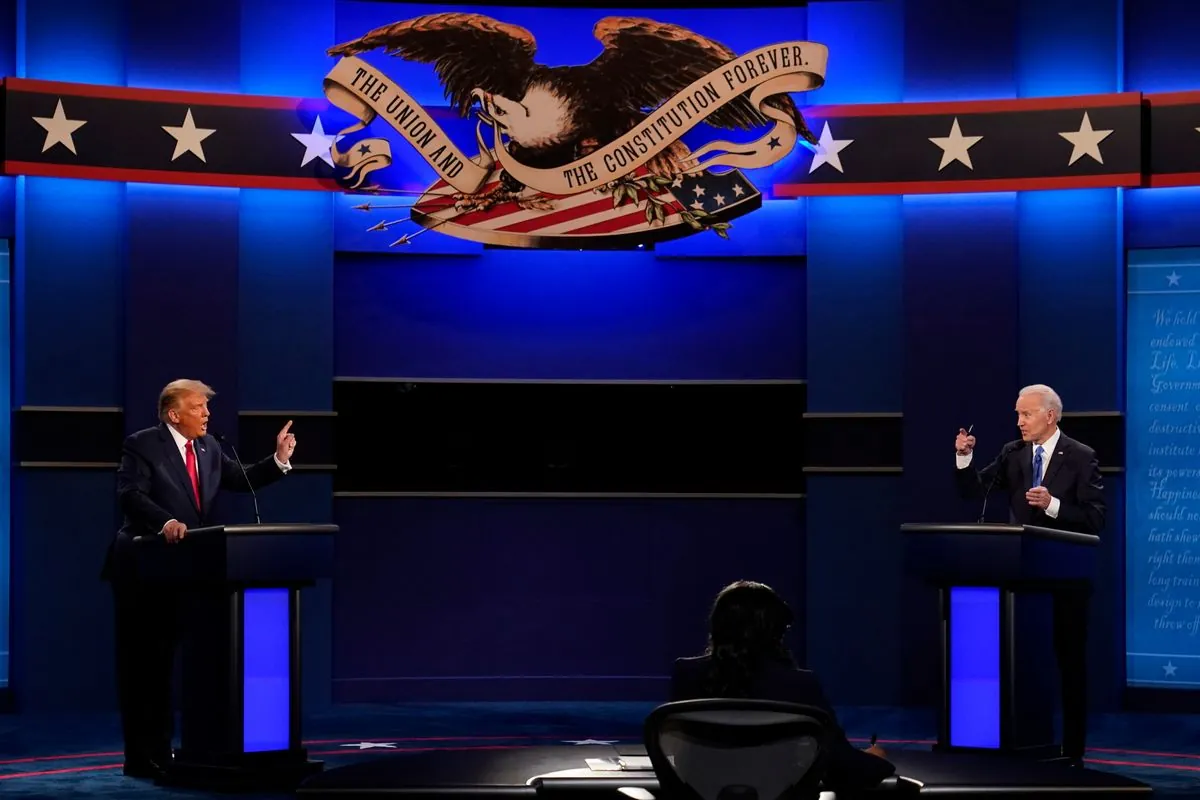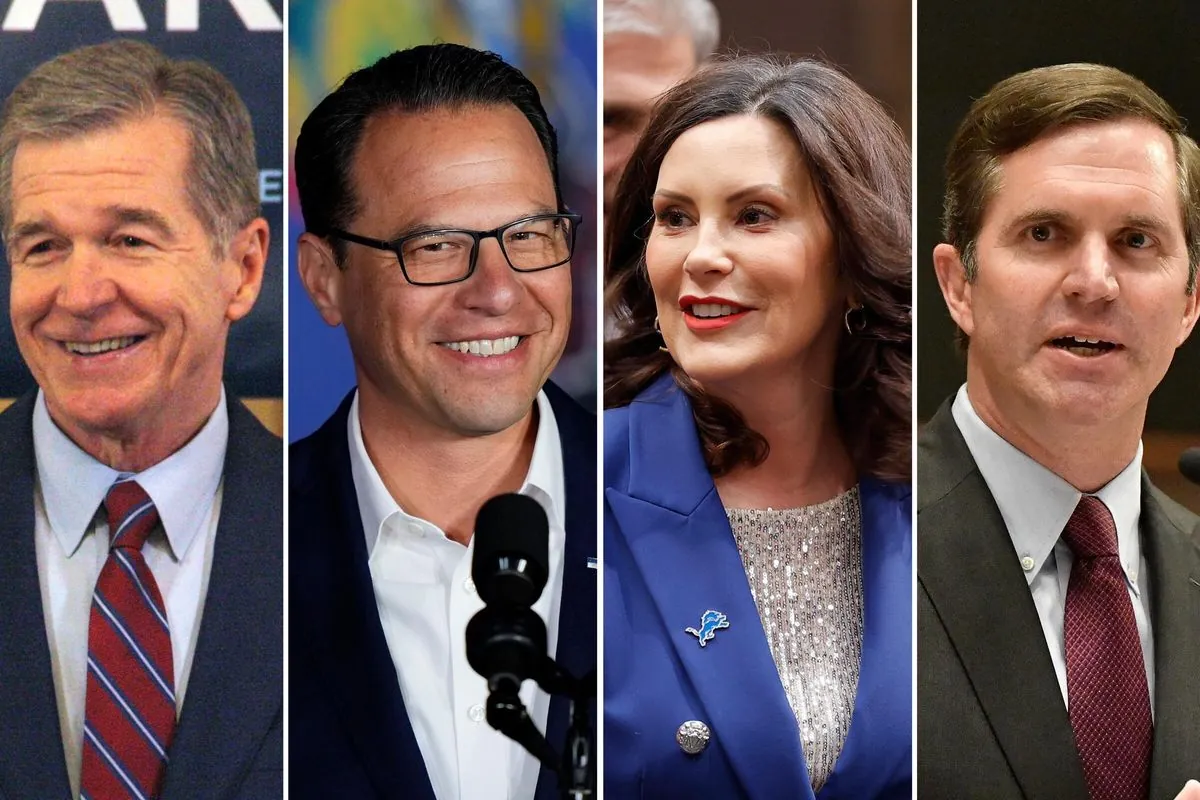Military Service Weaponized in 2024 Presidential Race
The 2024 U.S. presidential campaign sees military service politicized, with both parties using veterans' backgrounds as political weapons. This trend risks damaging the military's nonpartisan status and civil-military relations.

In the current U.S. presidential campaign, military service has become a contentious issue, with both major parties weaponizing candidates' military backgrounds for political gain. This trend, observed in recent weeks, has raised concerns about its impact on the military's nonpartisan status and civil-military relations.
The controversy began when the campaign of former President Donald Trump faced criticism for using the gravesites of soldiers who died in the Afghanistan withdrawal as a campaign photo opportunity. This event, which occurred on the third anniversary of the withdrawal, apparently violated Department of Army regulations and exploited the grief of Gold Star families.
Both vice presidential candidates, Sen. J.D. Vance and Gov. Tim Walz, have military backgrounds. Vance served as a junior enlisted Marine, while Walz was a senior enlisted noncommissioned officer in the Army National Guard. However, instead of being viewed positively, their service has become a target for criticism from opposing parties.

This politicization of military service is not new. In 2004, the term "swift-boating" emerged during the presidential campaign of John Kerry, when a group of Swift Boat veterans questioned his Vietnam War service record. The tactic involved undermining a candidate's military credentials while highlighting perceived weaknesses.
The current campaign has seen similar tactics employed. The Trump campaign has accused Walz of "stolen valor" and abandoning his National Guard unit before deployment to Iraq. Democrats, in turn, have questioned the extent of Vance's combat experience during his six-month tour.
"...that we here highly resolve that these dead shall not have died in vain—that this nation, under God, shall have a new birth of freedom—and that government of the people, by the people, for the people, shall not perish from the earth."
This quote from Lincoln's Gettysburg Address serves as a reminder of the ideal way political leaders should honor military sacrifice, contrasting sharply with recent campaign tactics.
The weaponization of military service risks damaging the military's status as a nonpartisan institution. It also complicates the "commander in chief threshold test," which candidates must pass to convince voters of their ability to lead the armed forces.
To address these issues, a more constructive approach is needed. Campaigns could focus on how candidates' military experiences have shaped their understanding of the United States' role in the world and how they would wield political power if elected.
As the first presidential election featuring both post-all-volunteer force and post-9/11 veterans on the ticket, this campaign could set a precedent for future elections. However, the current trend is concerning, potentially leading to a coarsening of civil-military relations.
It is crucial for both parties to elevate the discussion of military service and sacrifice in a manner that consolidates support for service members and preserves the military's respect for civilian leadership. Failure to do so may result in lasting damage to the fundamental relationship between the military and civilian leadership, upon which the republic depends.


































